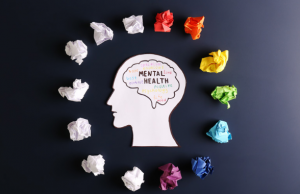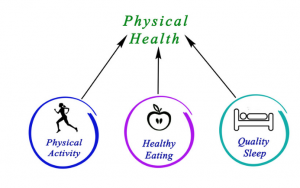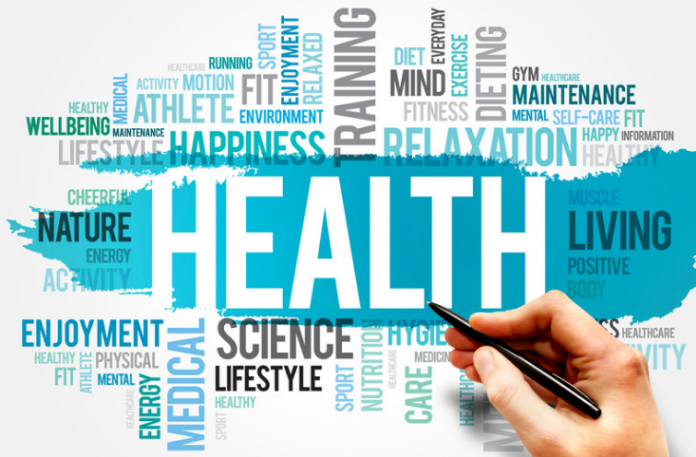Table of Contents
It is common knowledge that exercise increases endorphins and dopamine levels in the brain, which are responsible for feelings of happiness and decreased stress and anxiety. But what happens when your physical health declines and what can you do to improve it?
The relationship between mental and physical health

The body and mind are often seen as separate regarding health, however, studies have shown that, while good mental health can create positive effect on your physical health, the opposite can also be true.
For example, someone suffering from depression may struggle to go outside, exercise or even pick up their prescription which can further their suffering, resulting in a range of physical problems including a weakened immune system and weight fluctuations.
The same is true for how your physical wellbeing can impact your mental health. Around one-third of people with serious medical aspects such as cancer patients, have depressive symptoms such as low mood and apathy. Compare this to one-quarter of the general population, linking the two very clearly.
What happens when your physical health declines?

There are many reasons why your physical health may decline. For example, if you suffer an accident or injury that has a negative impact on your physical health, it can also cause issues within all areas of your life. You may not be able to work, resulting in a loss of earnings and isolation which can be detrimental to your mental health.
At this point, you may want to consider making a claim to receive compensation for your accident. While this won’t speed up your recovery, just knowing that you have some money to fall back on will allow you to relax, decrease anxiety and hopefully make your recovery a little more comfortable.
How to improve your health?

There are many small steps you can take to improve your health. The NHS recommends 150 minutes of moderate activity a week which can help you to have a stress free lifestyle. You could do this alone, with friends or join organised activities such as a local running club or a yoga class.
Group fitness classes are particularly good for beginners due to their ability to boost morale, motivation and confidence. One-to-one sessions can be intimidating so situations where the attention isn’t all on you can be much more comfortable.
While exercising is great for improving your health, some people may struggle with motivation. However, things such as reading, cooking or playing with your pet can also be beneficial in reducing stress.
Long-term stress puts your health at risk, increasing the risk of headaches and sleep problems, as well as more serious conditions such as heart attacks and strokes – meaning that good mental health is just as important as physical health. Furthermore, talking and seeking help from others, be it a friend, family member or professional, can reduce stress and make you feel less alone.
Hopefully, this article will have given you some inspiration on ways to improve your mental and physical health. If you can focus on positive habits and commit to healthy lifestyle changes, you should see lots of progress in the long term.






































